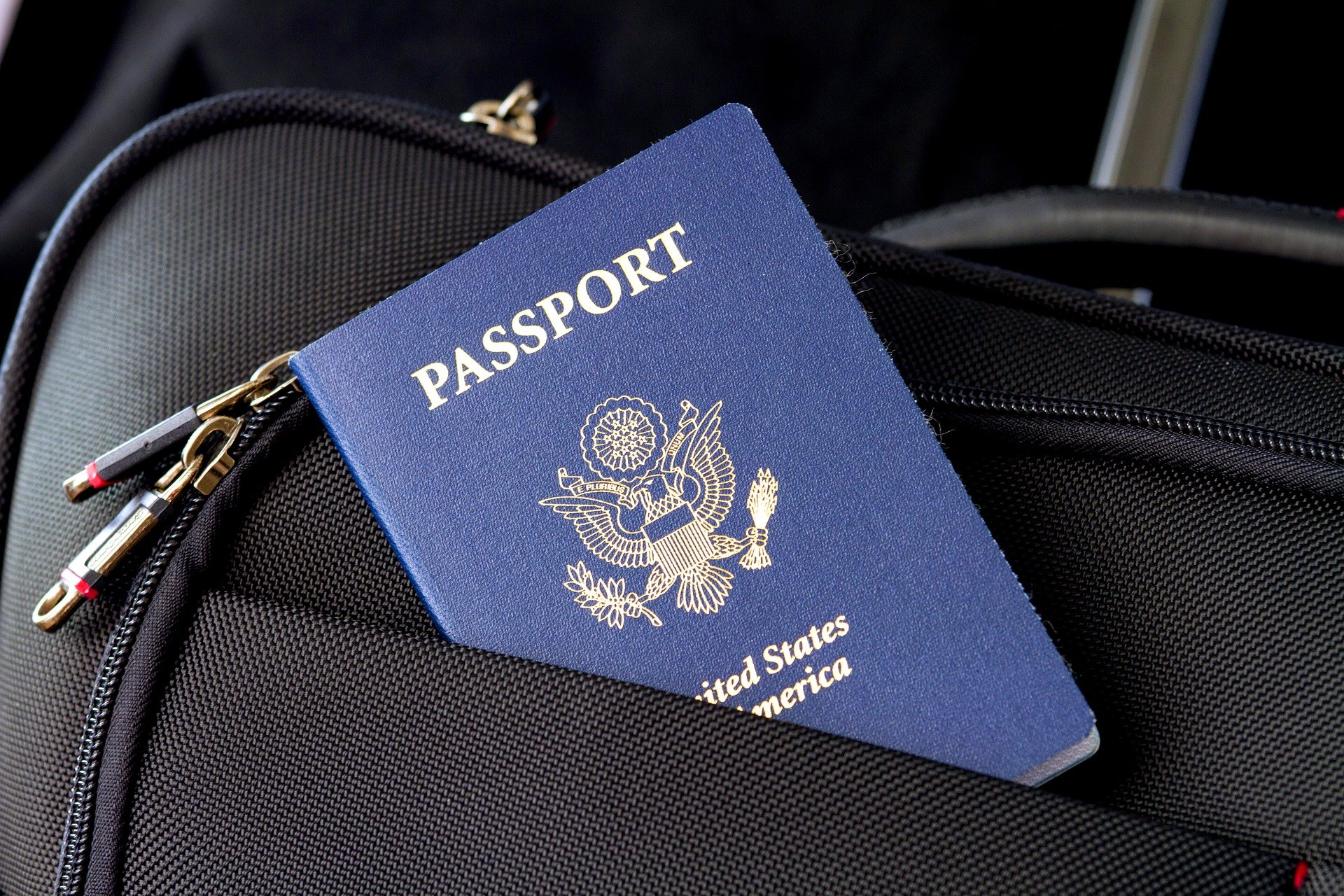
Money habits you should be teaching your children
They say that the apple doesn’t fall far from the tree and they’re probably right! Children are like sponges, they soak up information, understanding and habits from those around them which means that your lifestyle and behaviours – good and bad – are going to be picked up on, whether you like it or not!
Studies have shown that children of smokers are twice as likely to pick up the habit themselves. And if you lead a sedentary lifestyle and have a poor relationship with your diet, then it’s likely to be reflected in your child’s choices later in life. Our relationships patterns, attitudes, and habits can be mimicked by our children for better or for worse. And one of the most worrying behaviours we could be passing onto our children is our attitude to money. If you spend like there’s no tomorrow, are in debt, live beyond your means or don’t understand the importance of saving, then your children won’t either!
To help your child develop good financial habits, you need to set a better example. Here we’ll explore the money habits you should be teaching your children.
The importance of saving
Being able to save for a rainy day, or for a life goal such as a house, car or dream holiday is something we should all strive to achieve. Saving isn’t easy but having an emergency fund to fall back on or something to look forward to is a positive approach to money. By opening a Junior ISA for them, you can help them save for their future and show them the importance of saving in the process. What is a junior ISA? Click the link to find out more about these tax-efficient savings accounts. Helping your child understand the value of money and how to be in better control of it means they’re less likely to fall into debt and make poor choices when they’re older.
Teach them about budgeting
Granted, it’s not the most exciting of subjects, but teaching your child about the importance of making a monthly budget can show them how important it is. If they have their own money to spend and they’re unsure of what they want to spend it on, sit with them and work out what they could afford, how much they’d need for a certain item and how they can make their money go further!
And finally, good spending habits
Do you look at the cost of things before you put them in your trolley? Do you pay with a tap of your debit card and not even acknowledge the cost? If so, you could be inadvertently teaching your child bad spending habits. Next time you visit the supermarket, bring them along and take your time, look for the cheapest alternative together and discuss the offers that will save you money. Pay with cash, as a physical prop to show how once the money is spent – it’s gone!
Final thoughts…
Improving your money habits will not only benefit your children later in life, but you’ll also benefit from a better approach to your finances.






